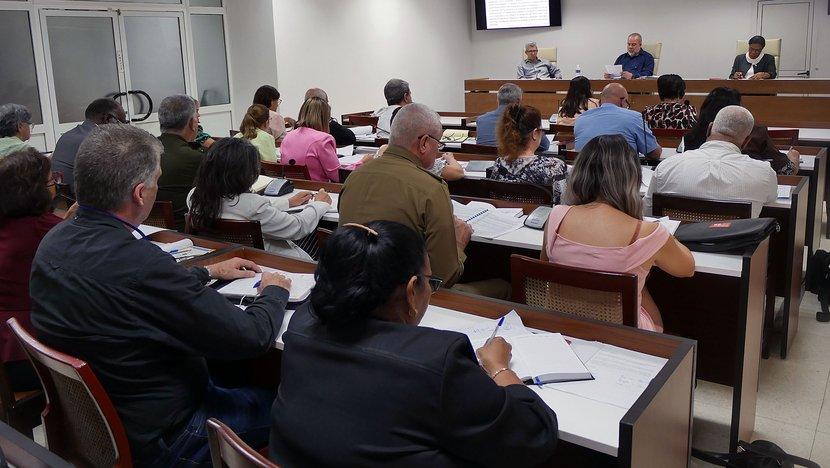Cuban specialists urge to take a deep and comprehensive look at the care of the elderly, labor resources and adolescent fertility, a phenomenon that is increasing today in almost all the country’s territories.
In the most recent meeting of the governmental commission for the attention to the demographic dynamics in the island, it was reported that these issues, due to their importance, demand to be addressed by governors, mayors and cadres at all levels.
The deputy director of the Center for Demographic Studies of the University of Havana, Matilde Molina, explained that there are two municipalities in the Caribbean nation where the 15-19 age group is the first to contribute to fertility, and 19 others where the second group that contributes the most to this indicator is also the aforementioned.
That is to say, he said, «there are 21 territories to which we must take a direct look in order to know what is happening in them».
With respect to care for the elderly, Molina recalled that it is not only about aging, but that the greatest concentration of this population is in the most fragile years, in the 85 and over age group.
In this scenario, he stressed that the quality of services and comprehensive care for this population group must be improved as much as possible, with particular emphasis on homes for the elderly, people living alone and ambulatory people, among others.
In this regard, the Minister of Higher Education, Walter Baluja, referred to the actions being carried out to strengthen the socially useful and assistance work of students in grandparents’ homes and nursing homes, according to Juventud Rebelde newspaper.
He pointed out that it is a matter of adapting the objectives, indicators and goals of the universities to the new scenarios, with emphasis on the social, political and economic transformation of the communities.
According to specialists, Cuba’s demographic dynamics have an impact on all spheres of the country’s economic and social life; therefore, joint work is required by the sectors to understand that the population is the main resource of a nation and, therefore, is the subject and object of development.




